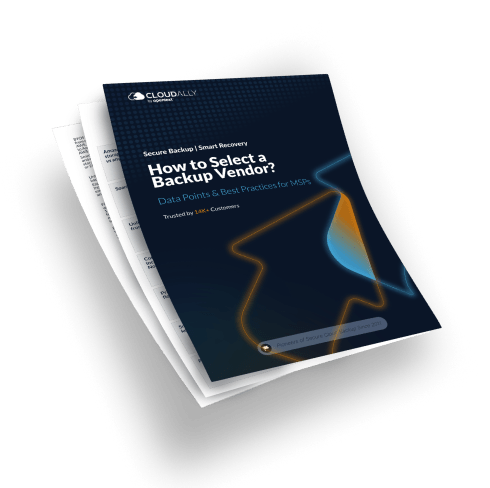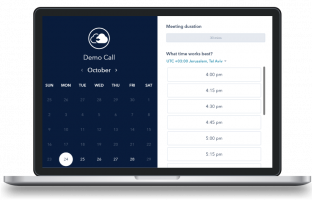IP restrictions, also known as IP whitelisting, play a pivotal role in securing network access by limiting connections to trusted IP addresses. This measure is essential in a cybersecurity strategy, especially for organizations handling sensitive data. Understanding and implementing IP restrictions can significantly reduce the risk of unauthorized access and data breaches.
What are IP Restrictions?
IP restrictions are a form of security measure used to control access to networks, applications, and data based on the originating IP address of the user or device. By setting up IP restrictions, organizations can specify which IP addresses are allowed or denied access to their resources. This is particularly useful for enhancing the security of remote access, ensuring that only devices from approved locations can connect to the network.
Implementing IP Restrictions Effectively
Deploying IP restrictions requires thoughtful planning and ongoing management to align with your security objectives:
- Assess Your Needs: Determine which parts of your network and which data sets require restricted access based on sensitivity and regulatory needs.
- Develop Clear Policies: Craft comprehensive policies that outline permissible IP ranges for different user groups or services.
- Deploy Whitelisting and Blacklisting: Implement whitelists to permit access from approved IP addresses and blacklists to block known risky or unnecessary addresses.
- Maintain and Update Access Lists: Regularly review and adjust your IP access lists to accommodate changes in your network and user base.
- Track and Review Access Patterns: Use monitoring tools to keep an eye on access patterns and audits to ensure your IP restrictions are effective and being adhered to.
Conclusion
IP restrictions serve as an essential tool in securing access to critical systems, particularly for organizations that utilize remote access. By implementing these access controls, businesses can safeguard their infrastructure and sensitive data against unauthorized access. To further enhance your security measures, consider leveraging CloudAlly’s solutions that offer robust in-built access controls using IP restrictions. These tools ensure that your backups are secure and accessible only to approved IP addresses, providing an additional layer of security for your vital data. Explore how CloudAlly can help strengthen your data protection strategy at CloudAlly’s IP Address Restrictions Access Control.










